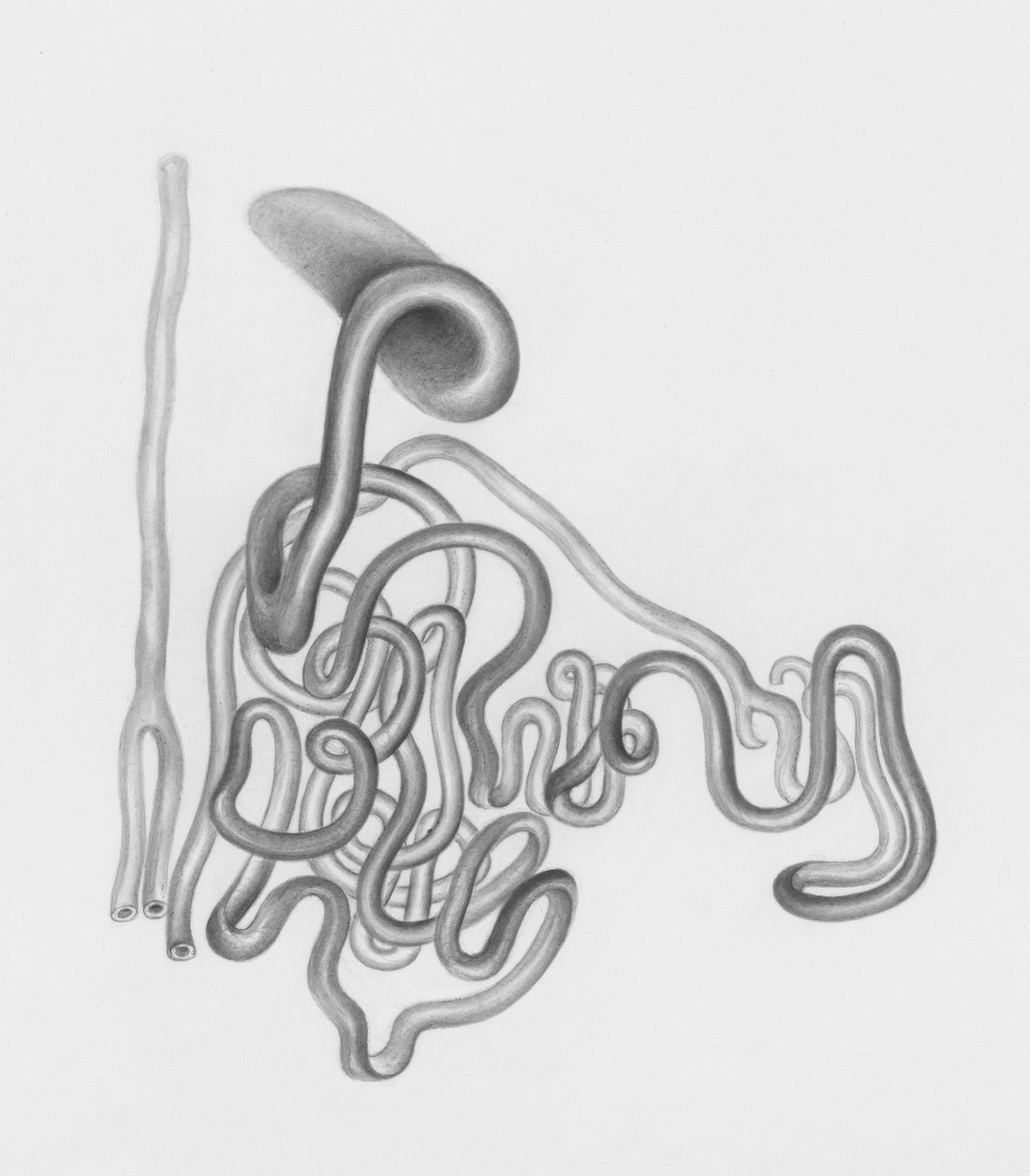Oral health and IBD - an overlooked connection
In the UK, 66 people are diagnosed with inflammatory bowel disease (IBD) every day. Crohn’s disease and ulcerative colitis, the most common forms, have a profound impact on quality of life. What is less often discussed is the bidirectional link between IBD and oral health.
Patients with IBD are more susceptible to oral disease such as dental caries and periodontitis.
Conversely, patients with untreated oral disease may experience a higher likelihood of developing or worsening IBD.
This relationship places dental professionals in a crucial position to support patient wellbeing.
Understanding IBD and oral manifestations
IBD is a lifelong, debilitating condition with no cure. It is characterised by an overactive immune response that attacks the bowel, causing inflammation. Symptoms include severe abdominal pain, diarrhoea, weight loss, fatigue, and in many cases, anxiety and depression.
From an oral health perspective, IBD can:
- Increase risk of caries due to dysbiosis and higher levels of streptococcus mutans.
- Elevate risk of periodontitis through systemic proinflammatory cytokine activity.
- Cause oral lesions and recurrent ulcers (reported in around 30% of patients).
- Lead to xerostomia (dry mouth) from steroid medication, reducing saliva’s protective role.
These factors collectively increase the need for diligent plaque removal, interdental cleaning, and gum health management in IBD patients.
The role of diet and lifestyle
The World Health Organisation has linked IBD to higher consumption of sugary and processed foods. These dietary choices further increase caries risk, compounding the oral challenges faced by IBD patients.
Dental practitioners should reinforce:
- Reducing sugar intake.
- Avoiding carbonated soft drinks.
- Using adjuncts for dry mouth (sugar-free gum, pharmacy-led saliva substitutes).
Why interdental cleaning matters
For IBD patients, brushing alone is not enough. Biofilm builds up in interdental and subgingival areas that brushing and even string floss often miss.
Recommending Waterpik™ water flossers offers patients a practical, effective way to manage plaque:
- Removes up to 99.9% of plaque bacteria from treated areas (in vitro).
- Clinically proven to be up to 50% more effective than string floss at improving gum health.
- Cordless Advanced model offers customisable settings and 360° tip rotation, supporting patient comfort and compliance.
Why HCPs should recommend Waterpik
IBD patients are already burdened with a demanding health condition. By recommending Waterpik™, HCPs provide:
- A clinically proven adjunct to toothbrushing that is simple to use.
- Improved gum health outcomes in a vulnerable patient group.
- A way to reduce infection risk and improve quality of life.
Dental practitioners are a vital part of the multidisciplinary care team supporting IBD patients. By guiding them towards effective oral hygiene routines, HCPs can directly impact both oral and systemic health.
About the author
Anne Symons is a Dental Hygienist currently working in a specialist periodontal/implant practice as well as a busy NHS surgery. She has previously worked in a Max Fax unit and taught oral health care to staff in nursing and residential homes.
